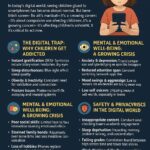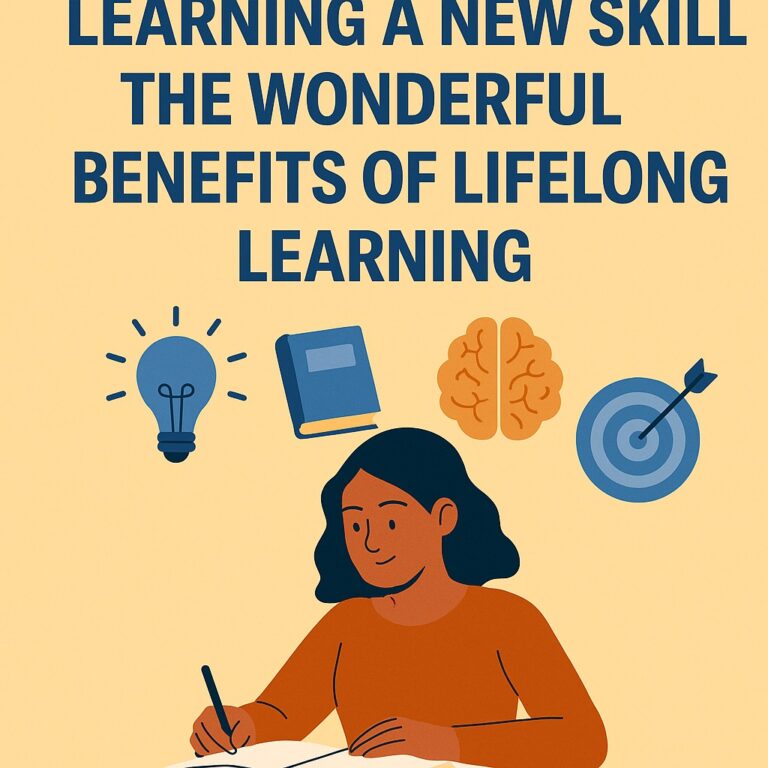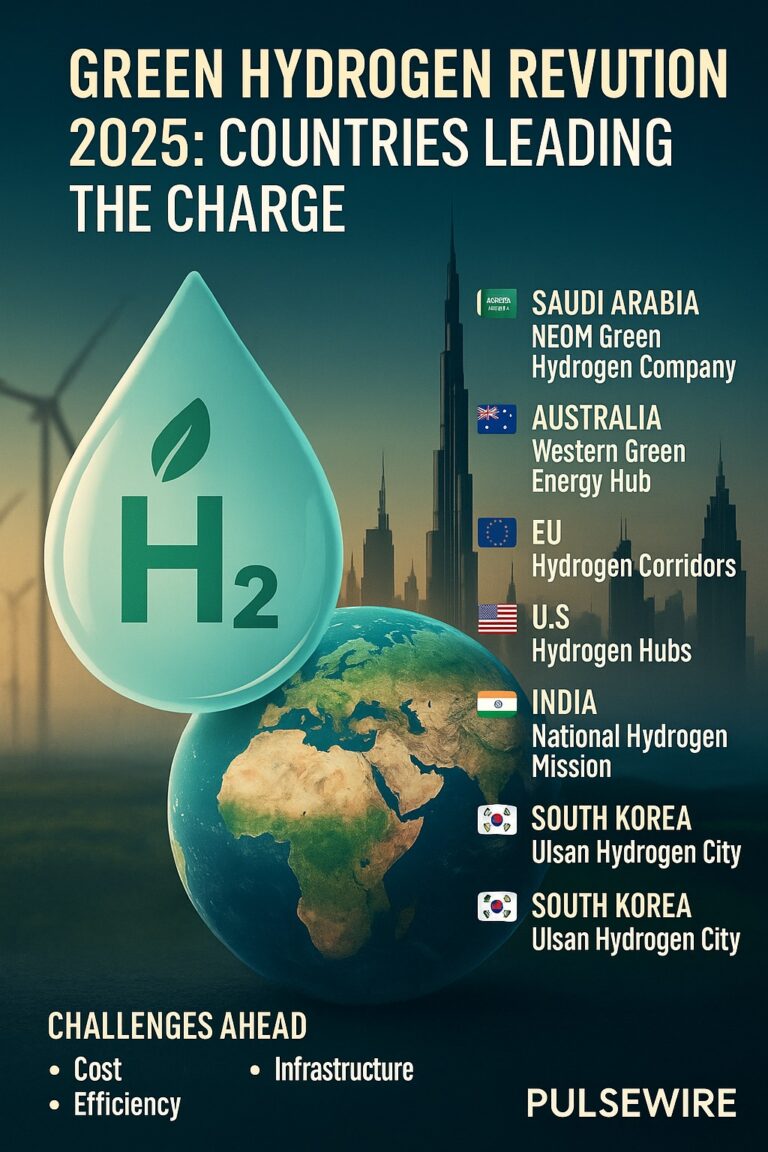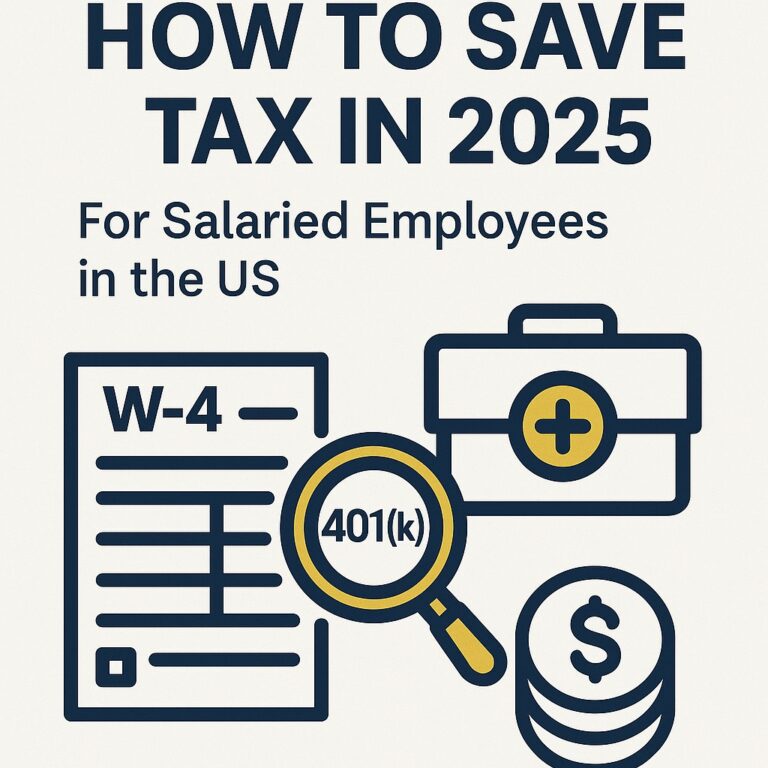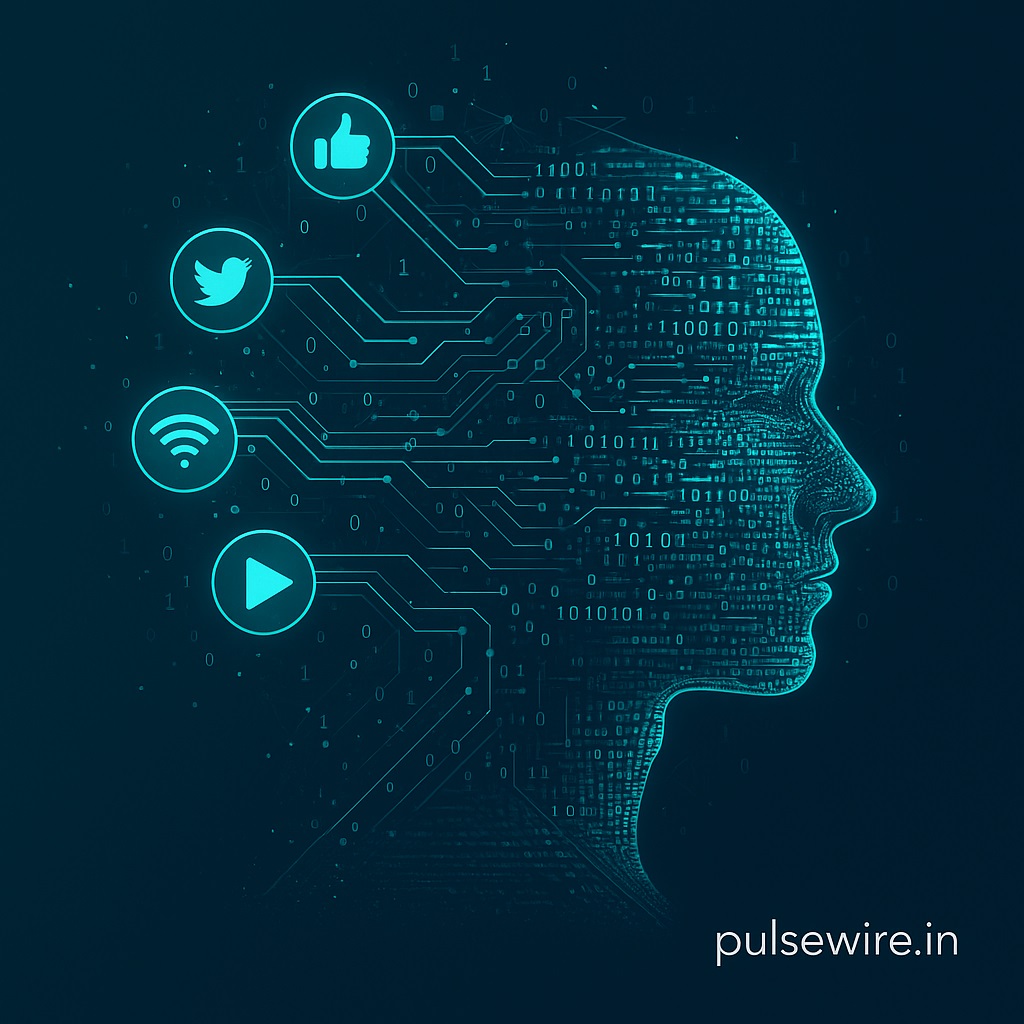
🎯 Introduction
You open your phone, scroll through a few posts, and suddenly an ad for something you were just thinking about pops up. Coincidence? Or is something deeper at play?
Today, every app you use—be it social media, streaming, or shopping—relies on algorithms. These invisible mechanisms tailor your digital experience by predicting what you’ll like, often without you realizing it.
This article explores how these digital architects operate, the psychological triggers they exploit, their impacts on individuals and society, and practical steps to take back control of your digital experience.
🧠 1. The Invisible Architects: What Are Algorithms and How Do They Work?
Algorithms are sets of instructions platforms use to analyze your data and decide what content you see. Their goal? Maximize engagement and revenue.
They track your online behavior—clicks, watch time, likes—and use recommendation engines to predict your preferences. Imagine a librarian who knows your every favorite book and keeps suggesting more just like it. That’s how algorithms work.
🧠 2. Psychological Triggers: How Algorithms Play on Our Minds
A. Confirmation Bias & Echo Chambers
Algorithms tend to show you more of what you already believe, reinforcing your views and filtering out alternative perspectives—creating ideological echo chambers.
B. Filter Bubbles
Coined by Eli Pariser, filter bubbles refer to the unique information worlds created around users based on past behavior. They limit exposure to diverse perspectives.
C. Social Proof & Fear of Missing Out (FOMO)
Platforms amplify trending content and social actions—“Your friend liked this,” or “500K others viewed”—triggering FOMO and herd behavior.
D. Variable Rewards & Dopamine Loops
Unpredictable likes, comments, or new content mimic slot machine behavior, creating dopamine loops that lead to addictive scrolling habits.
E. Emotional Contagion
Emotionally charged content spreads faster. Algorithms boost these posts, influencing user moods—sometimes uplifting, often distressing.
🧠 3. Broader Impacts: How Online Influence Shapes Society
A. Personalization vs Manipulation
While personalized content adds convenience, it can also manipulate behavior—nudging decisions subtly without our awareness.
B. Disinformation & Polarization
Algorithms can promote false but engaging information, fueling societal polarization and confusion.
C. Consumer Behavior
Targeted advertising influences purchasing decisions, often pushing impulsive buying based on emotional triggers.
D. Mental Health Impacts
Constant comparison and exposure to curated lives can fuel anxiety, low self-esteem, and screen addiction—especially among youth.
🧠 4. Navigating the Algorithm: Reclaiming Your Digital Mind
A. Enhance Digital Literacy
Understand how platforms work. Don’t assume your feed is neutral—it’s curated.
B. Diversify Your Sources
Follow creators with different viewpoints. Explore platforms outside your usual digital circle.
C. Practice Mindful Consumption
Set screen-time limits. Disable notifications. Avoid passive scrolling.
D. Curate Your Online Environment
Unfollow or mute content that negatively affects your mental state.
E. Protect Privacy
Adjust privacy settings. Limit data-sharing. Use privacy-conscious browsers.
F. Reconnect Offline
Invest in real-world relationships and hobbies to stay grounded.
⭐ Conclusion
Algorithms shape more than just our digital experiences—they influence our beliefs, emotions, and even purchasing decisions. But knowledge is power. By understanding how these systems operate, we can make more mindful, informed choices in our online lives.
Don’t just scroll—question, curate, and control. It’s time to master your digital mind.
Article Details:
- Author: The Pulsewire Team
- Published Date: June 24, 2025
🔗 References & Further Reading
- Eli Pariser – Filter Bubbles
- Confirmation Bias – Wikipedia
- Social Proof – Psychology Today
- Dopamine – Britannica
- 🔗 Related Pulsewire Reads: Gen Z Side Hustles 2025
- 🔗 Related Pulsewire Reads: How to Invest in Your 20s
- 🔗 Related Pulsewire Reads: Living Cost in Germany
- 🔗 Related Pulsewire Reads: AI’s Role in Shaping Our Future

Sandeep Jadhav is a self-taught sustainability writer and the founder of Pulsewire.in. He shares insights on upcycled product manufacturing, green entrepreneurship, and eco-friendly business models. Though not formally certified, his work is backed by deep research and a strong passion for promoting climate-positive innovation.


